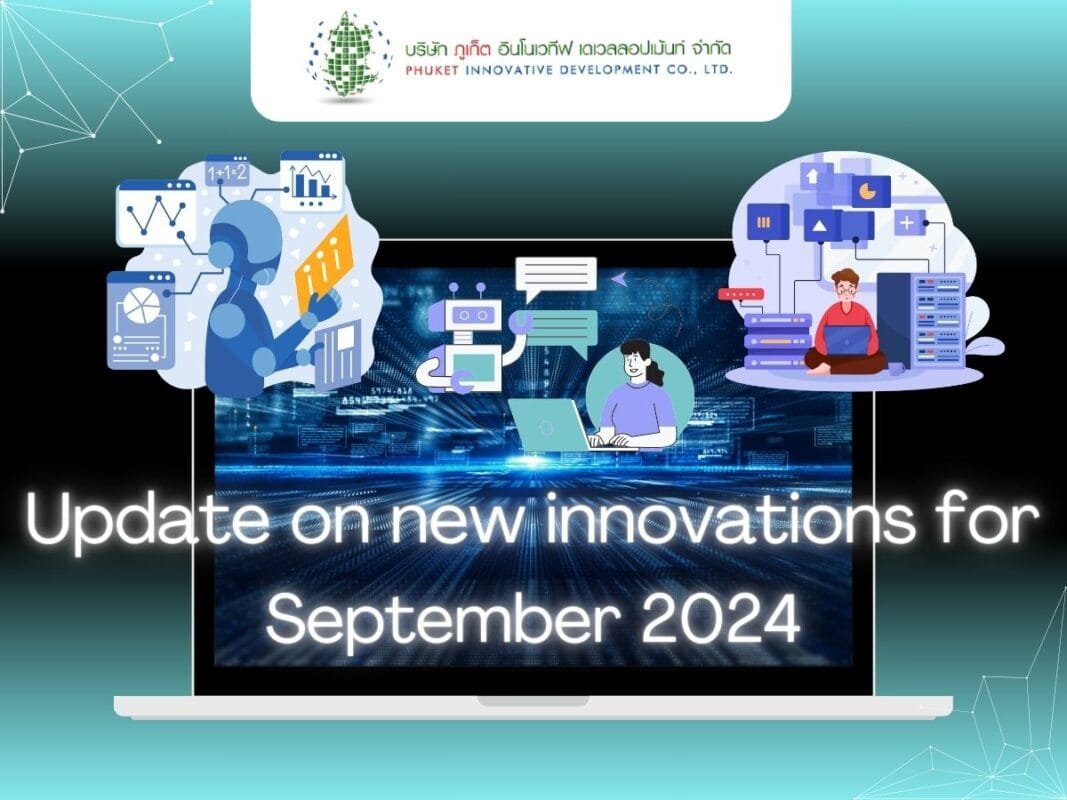
As we move into 2024, the world is heading toward an era where AI and connected technologies will play a crucial role in every aspect of life, from work and education to services and security. These innovations will shape the future growth trajectory and open new doors to possibilities never seen before. Let’s explore the new innovations of this month:
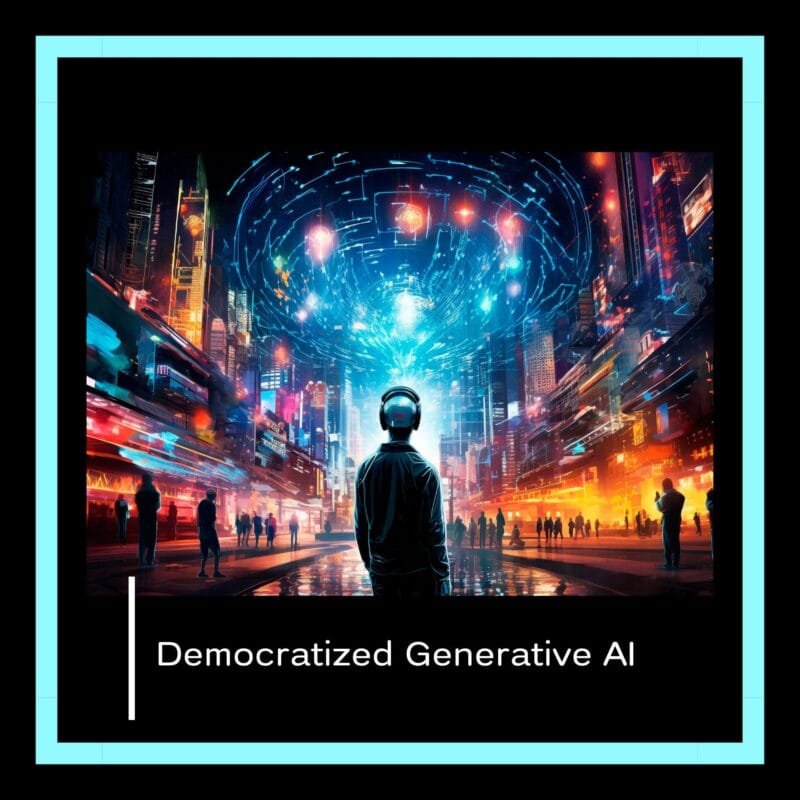
1. Democratized Generative AI – Generative AI is a technology that uses machine learning to create new content, whether it’s images, videos, text, or audio. This technology enables small businesses with limited resources to compete in larger markets by quickly generating high-quality content. It also allows entrepreneurs to customize content to better target their audiences, such as creating personalized ads or engaging online media without the need for a large production team.
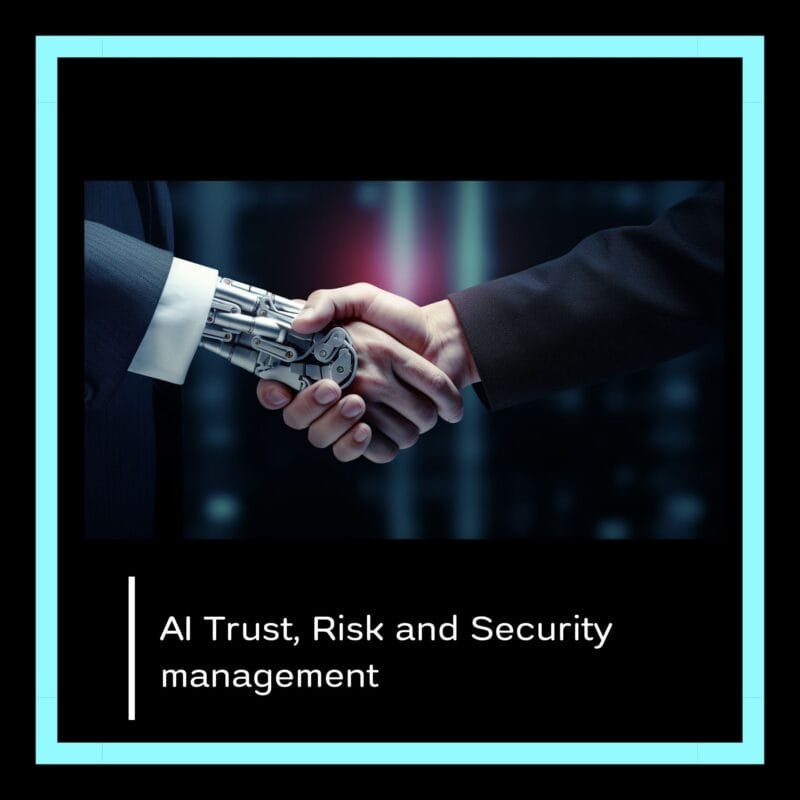
2. AI Trust, Risk and Security Management (TRiSM) – The use of AI in managing risks and security plays a critical role in protecting organizational data. AI can learn from historical data and predict future risks, such as detecting unusual user behavior, which could signal a cyber attack. Additionally, AI TRiSM helps organizations comply with security regulations, like GDPR, and safeguard critical financial and healthcare data.
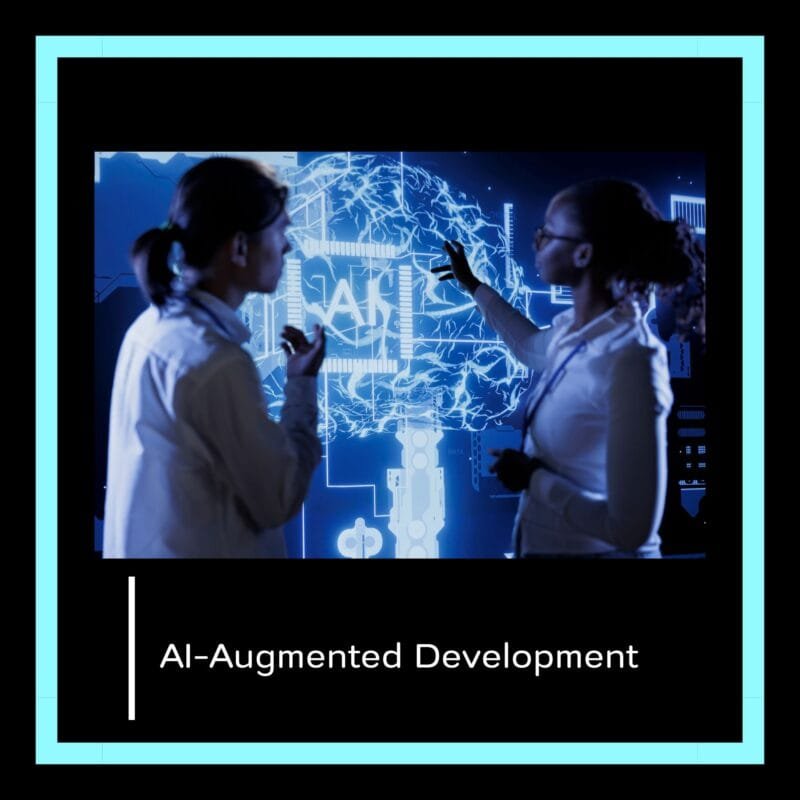
3. AI – Augmented Development – As software technology becomes more complex, AI’s assistance in software development will become essential. AI helps developers automatically test software, reducing the chance of errors and improving code efficiency. Moreover, AI analyzes software structures to quickly identify and address issues, saving time and costs in large-scale project development.
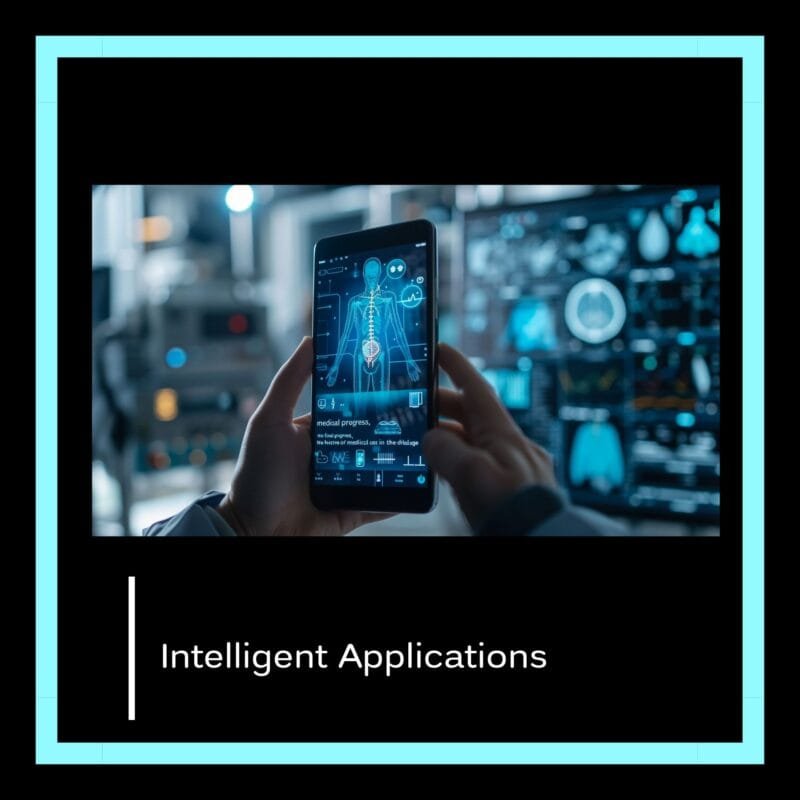
4. Intelligent Applications – Intelligent applications incorporate AI into their operations, enabling them to learn user behavior and adapt to better meet their needs. Examples include AI-powered online shopping apps that recommend personalized products based on purchase behavior or health apps that analyze users’ health data and provide personalized advice.

5. Augmented – Connected Workforce (ACWF) – Integrating AI into the workforce leads to collaboration between humans and smarter machines or software. AI analyzes individual work performance to enhance efficiency and improve specific skills, aligning them with organizational needs. This maximizes human resource utilization, reduces traditional training time, and allows businesses to adapt swiftly to changes.

6. Continuous Threat Exposure Management (CTEM) – In a world where cyber threats are continuously evolving, systems like CTEM (Continuous Threat Exposure Management) are essential for real-time risk assessment and management. These systems effectively detect and block cyber attacks such as phishing, scams, or malware, simplifying online security and reducing the chances of an organization’s data being compromised.
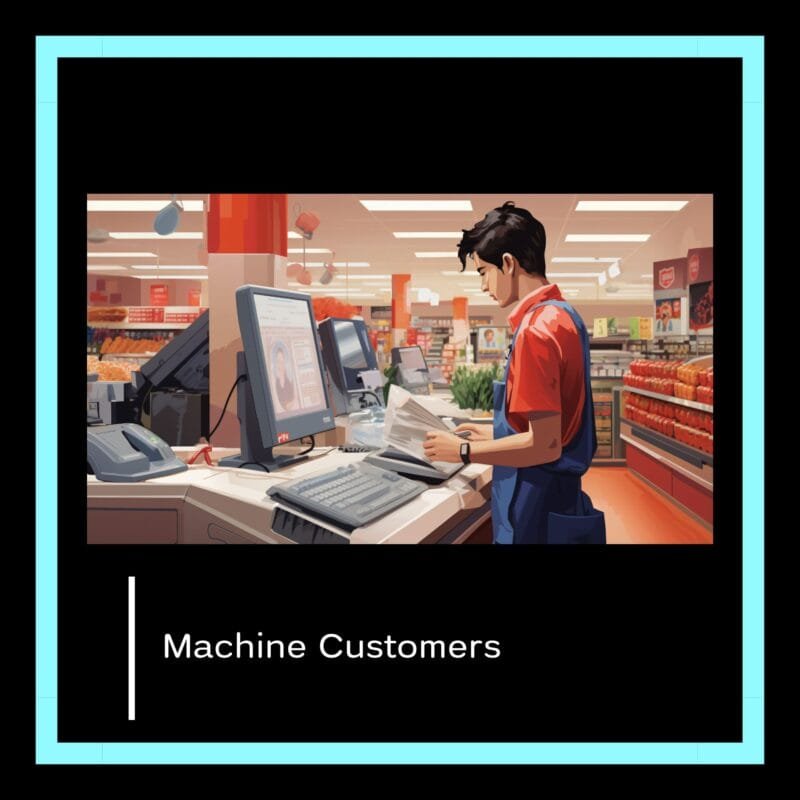
7. Machine Customers – Machine Customers, or “custobots,” are AI systems designed to act as buyers or service providers in businesses instead of humans. Examples include AI systems that place orders, respond to customer inquiries, or make personalized product recommendations. This technology makes purchasing experiences smoother and faster. In the future, especially in retail and services, businesses will increasingly rely on custobots to enhance service efficiency and meet customer demands.
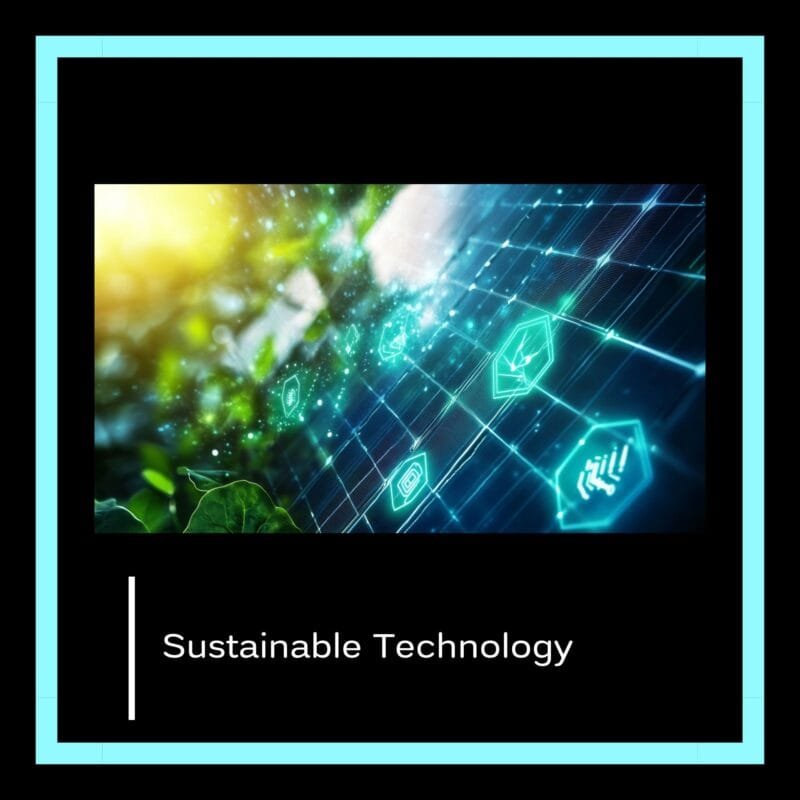
8. Sustainable Technology – Modern technological development not only focuses on efficiency but also on sustainability. New technologies like AI, IoT, and Cloud Storage have both direct and indirect environmental impacts. Many organizations in 2024 will focus on using renewable energy or developing low-energy technologies to ensure that businesses operate sustainably in line with ESG (Environment, Social, and Governance) principles.
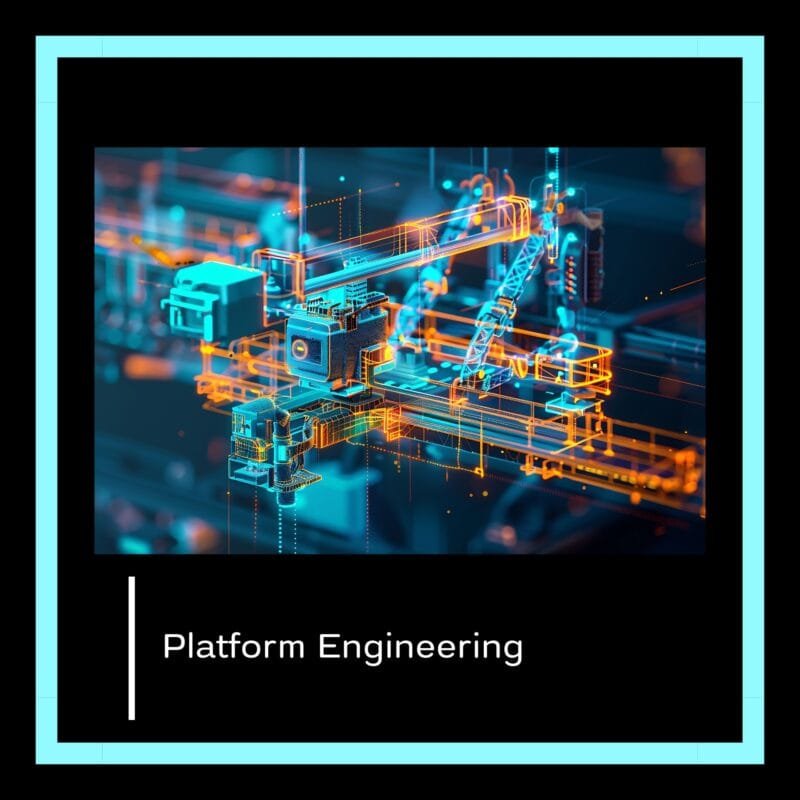
9. Platform Engineering – Platform Engineering involves designing digital platforms that enhance user experiences and increase business efficiency. AI helps analyze customer data and improve personalized services, providing users with the best experience. Using AI in platform design also reduces development complexity and allows businesses to quickly develop and deploy new platforms.
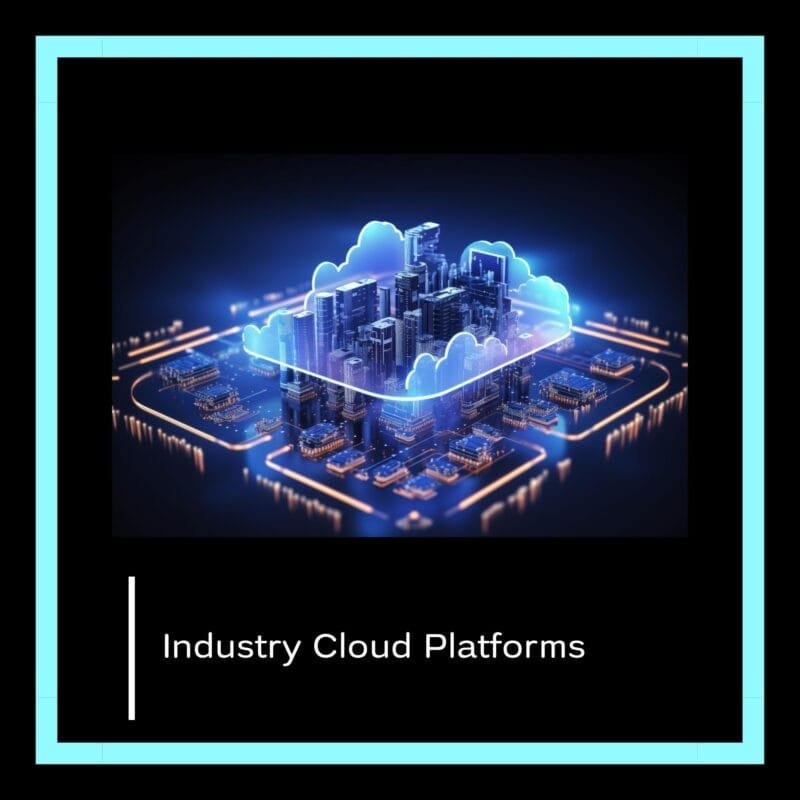
10. Industry Cloud Platform – Industry Cloud Platforms refer to cloud storage technology specifically designed for industries such as manufacturing or construction. Cloud helps connect and analyze data from factory machinery in real-time, improving operational efficiency and reducing production costs. Moreover, cloud technology allows businesses to scale operations flexibly according to their needs.
Source : krungsri.com
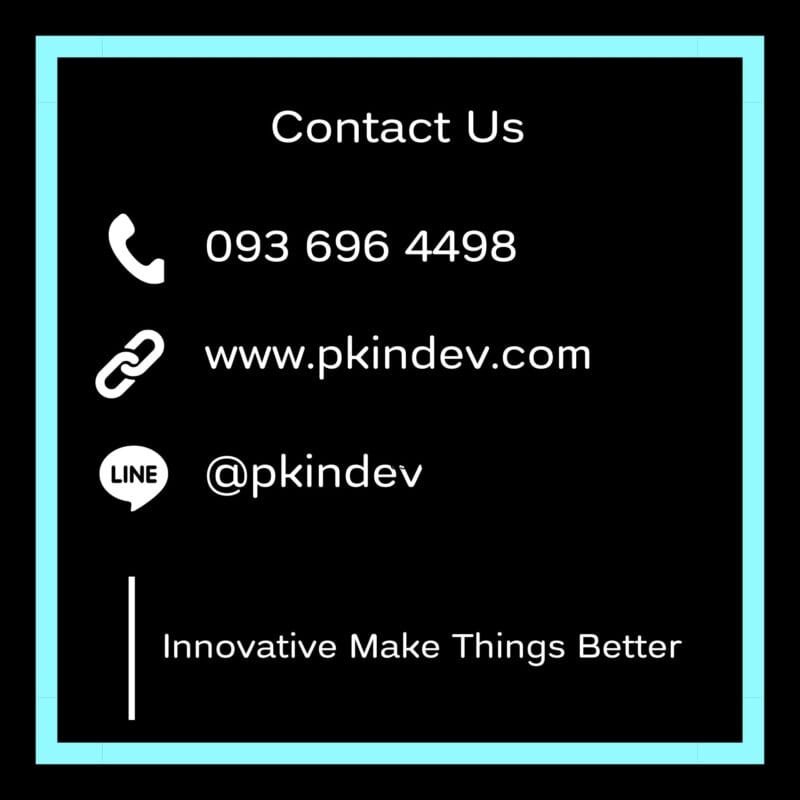
If you want your business to reach online customers and achieve sustainable marketing results, we are happy to provide consultation on what you need.
For further inquiries, contact us at:
Tel. 093 696 4498
Line OA: https://lin.ee/po8XduU
Website: www.pkindev.com
E-mail: mongkontep@pkindev.com
Phuket Innovative Development Co., Ltd. has received numerous awards for its achievements.
“INNOVATIVE MAKES THINGS BETTER”
